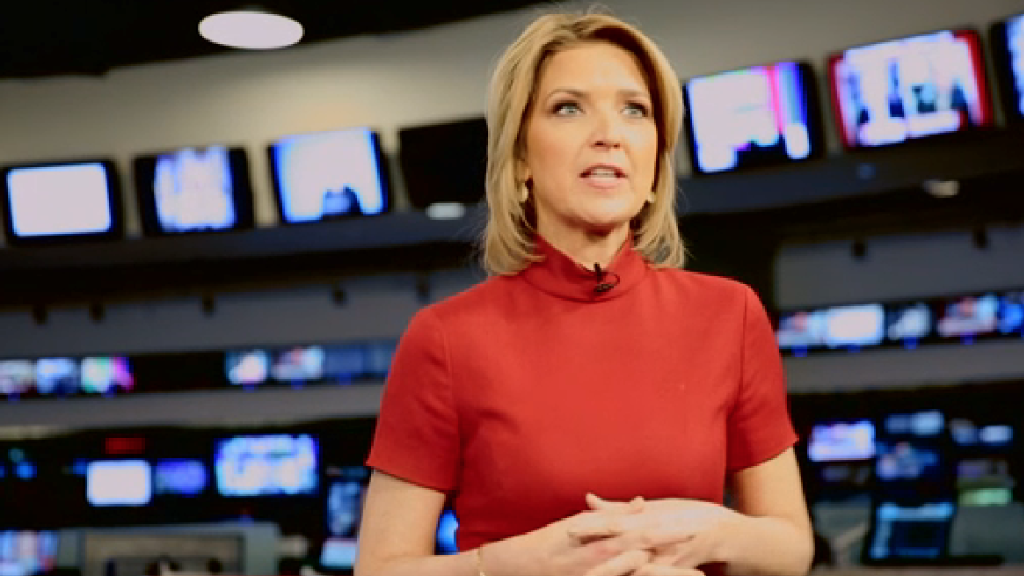
Elephants are leaving the Ringling Brothers circus, but there's still one in the room for the economy: wages.
Americans are ready for a raise. The key number to watch for Friday when the Labor Department releases its monthly jobs report is average hourly wage growth.
A healthy economy typically sees hourly wages growing by about 3.5% a year. In January, American wages were only going up 2.2% annually -- far below the goal.
The problem when wages only grow about 2% is that workers don't feel any better off. That's because the cost of groceries, entertainment, housing, healthcare and cars also rise every year, typically around that 2% mark. So you have to get a bigger raise than that to truly improve your finances.
Related: Walmart ups pay well above minimum wage
What's at stake: Wages hold big implications for workers, investors and policymakers this year. It's the main reason why many Americans feel like they're not seeing the fruits of the recovery while Wall Street continues to benefit from a six-year stock market surge.
Friday's jobs report may not bring much for workers to celebrate. CNNMoney's survey of economists forecast even lower wage growth than what we saw in January.
On the upside, wages are the only major yardstick of the American economy that's falling short. CNNMoney's survey of economists projects that 235,000 jobs were added in February. That's lower than the 257,000 jobs added in January, but would still be considered very healthy. The unemployment rate has dropped, and long-term unemployment is down too.
Experts say better wage growth should come now that the economy is so much better off. The question is just when. That's why Friday's report will get a lot of attention.
Here's how wage growth impacts everyone involved:
Related: 15 million workers still earn under $10 an hour
America's workers: Yes, job growth is strong, but retail and restaurants, which have lots of low wage jobs, are the fastest growing sectors in the recovery.
A wage bump makes a big difference to America's 15 million retail workers. Just ask Walmart (WMT) employees: they applauded when Walmart announced it will raise wages to $9 an hour this year. That's much better than the national minimum wage -- $7.25 an hour -- that nearly 3 million Americans still receive, and it could be a sign that wages are finally starting to rise.
If the solid job growth continues, companies like Walmart will be forced to raise wages because demand for workers will go up. Wages have been flat for a long time because there were few job openings and lots of unemployed workers. That equation is steadily shifting.
The wage growth dilemma is wrangling the nation's central bank too.
Related: Janet Yellen: Too many Americans aren't making it
Wages, rates and the Fed: Will the Federal Reserve raise interest rates without wage growth?
Some say the hike is coming in June, others say September or later. The Fed wants wages to grow 3.5% annually and it's hard to see wage growth sprint to the finish line by June or September.
We know Fed Chair Janet Yellen and the bank's committee members debate wages often, but some economists point out that wage growth is a lagging factor: it's one of the last things to turn the corner in a recovery historically. They argue that the Fed can raise rates without waiting to see significant wage growth.
Still, if wages are weighing on the Fed's decision, they're worrying Wall Street too.
Wall Street's Wage Wait: The Fed hasn't raised rates in almost a decade, and this year's expected rate hike could shake up markets. Despite economists' arguments, investors aren't taking their eyes off wage growth. They know stronger wage growth could speed up the Fed's rate hike to June, and slower growth could delay the decision.
The markets are waiting in suspense for a rate hike, which means they're waiting to see wage growth too.
And you thought "House of Cards" was dramatic...


